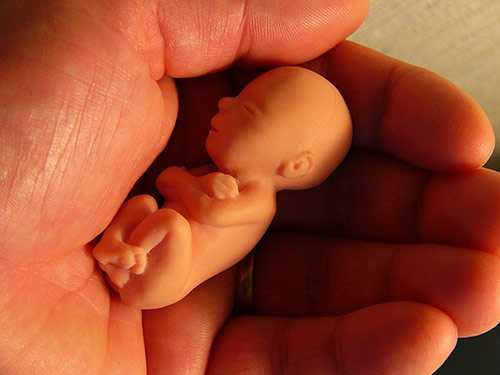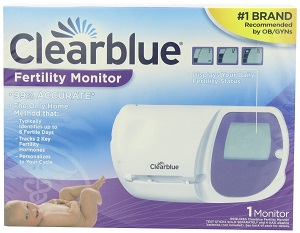Is it possible for a woman to ovulate two times in one cycle? This is a question that seems to be quite common today, but the answer is somewhat complicated and will depend on one’s definition of ovulation. You can read on below to learn more about the possibility of ovulating twice in one month.
First, let’s take a closer look at the ovulation cycle.
Under normal circumstances, a woman’s body will start to secrete follicle stimulating hormone (FSH) during an ovulation cycle. This will happen in the first half of the menstruation period and it is a sign that the body should start developing a follicle in preparation for ovulation. After that, the follicle is referred to as the dominant follicle that is kept back for release and likely fertilization. Eggs are housed in the follicles and they are released either to be fertilized during ovulation or to disintegrate slowly and be flushed out once they mature fully.
Sometimes when FSH is released at the start of menstruation, two follicles will become dominant, each one starting to grow and mature to develop the egg on the inside. When this takes place, two eggs will be ready for the sperm to fertilize them and produce fraternal twins. This is actually where the myth originated about a woman being able to ovulate two times in a single cycle.
Ovulating Twice in One Month
There are occasions when a woman can release two eggs during ovulation such as the case with having fraternal twins, but ovulation will take place just one time per cycle. If you have been doing research, you might have come across a new study suggesting that it is actually possible for ovulation to occur more than one time per cycle. It was found that follicles are actually developed in waves instead of all at once before ovulation. This study discovered some brand new information about the way in which follicles develop, leading to the conclusion that women could ovulate more than one time per cycle but it is important to note that these findings are disputed by many.
A woman will release just a single egg during ovulation. However, there can be times when a woman has two dominant follicles and two eggs will be released during ovulation. In this case, the woman will conceive fraternal twins. But when this happens, it will not take place in two different times in the cycle. Whenever two eggs get released, the action will occur very close together in a twenty-four hour period, and those eggs are going to be fertilized during that time.
One of the other reports that you might have discovered while researching the possibility of ovulating twice in one month is that a woman can conceive another baby whilst being pregnant. This is an extremely rare condition that is called superfetation. Whenever this takes place, a woman can release two eggs in different menstrual cycles. In this case, the baby’s gestational growth will be noticeably different, but still ovulation took place in two different cycles and not in the same menstruation cycle.
Another scenario is when a woman might be all ready to ovulate more than one time during a cycle and is not able to ovulate every time. As an example, there are times when a woman might get a positive result more than one time during a cycle after taking an ovulation test, but this positive ovulation test is not a guarantee that the ovulation is going to take place. A woman could gear up for ovulation and then no egg is released.
Similarly, a woman might believe that an egg was released at two different times if a basal body temperature (BBT) chart is showing two temperature changes. A BBT chart can be helpful when you want to pinpoint ovulation, but if it is showing more than a single temperature shift this does not mean that ovulation takes place in one cycle. There are a number of reasons why a woman might see more than a single shift on a BBT chart. This could include a triphasic chart, delayed ovulation, or maybe erratic variations from an ovulatory chart.
When all is said and done, ovulating twice in one month is not a real possibility. As previously mentioned, ovulation will only take place in one cycle even though more than one egg can be released during ovulation every now and then. You will have only one dominant follicle during a regular menstrual cycle and release only one egg in ovulation. In the event that your body releases two or more eggs, this will happen within twenty-four hours and not at different times during your cycle. You could conceive twin babies during separate periods in an extremely rare case, but if this happens ovulation will result from two different menstrual cycles. Additional resources are available if you would like to learn more about ovulation and how it works.




I had my period twice this month 10th april to 13 and 26th-30th april and i wanna know can i get preg coz i had sex on the 14th and still hvnt seen my period
Hello Eulendah, use the below link to determine this:
https://eperiodcalculator.com/